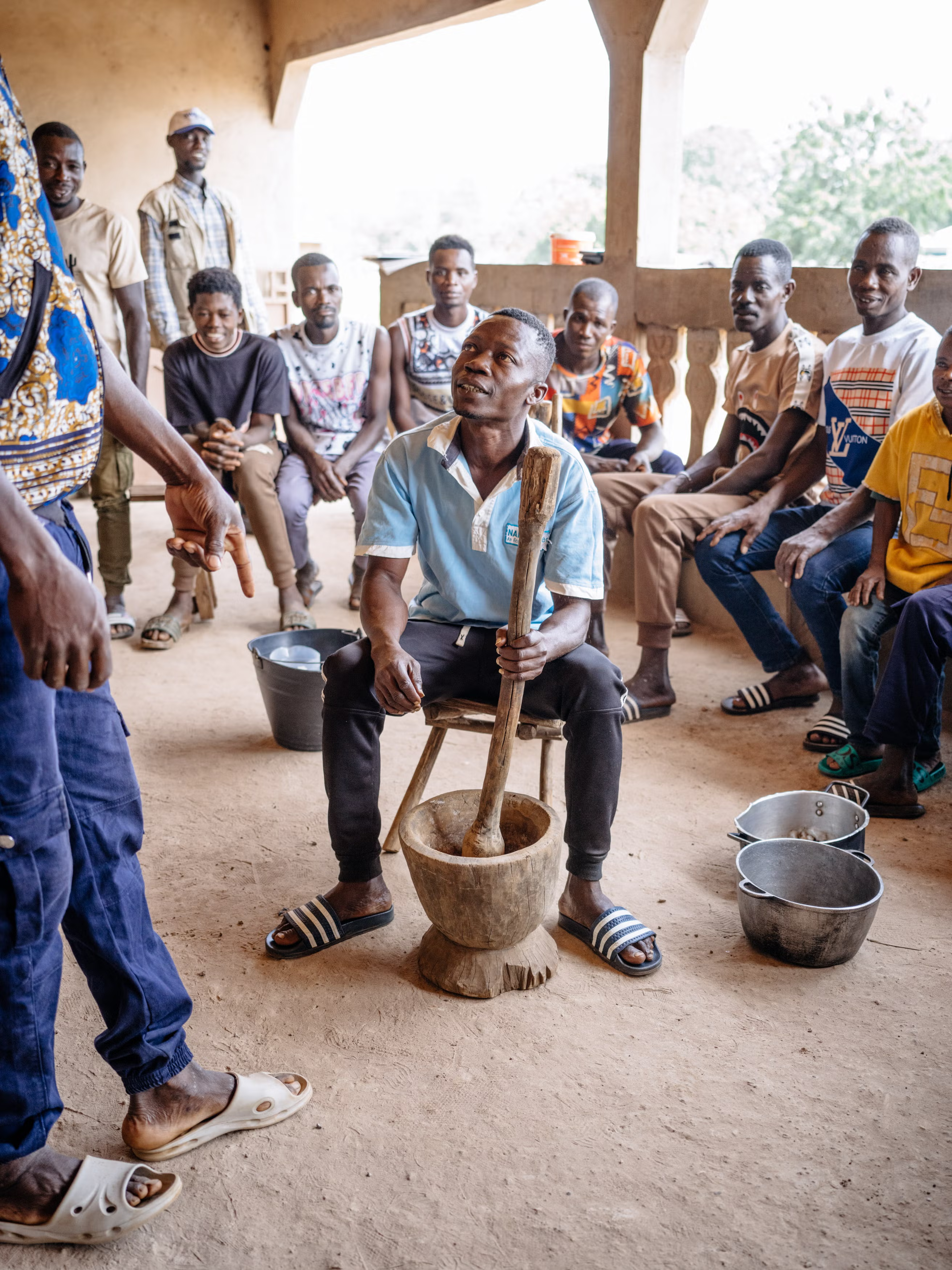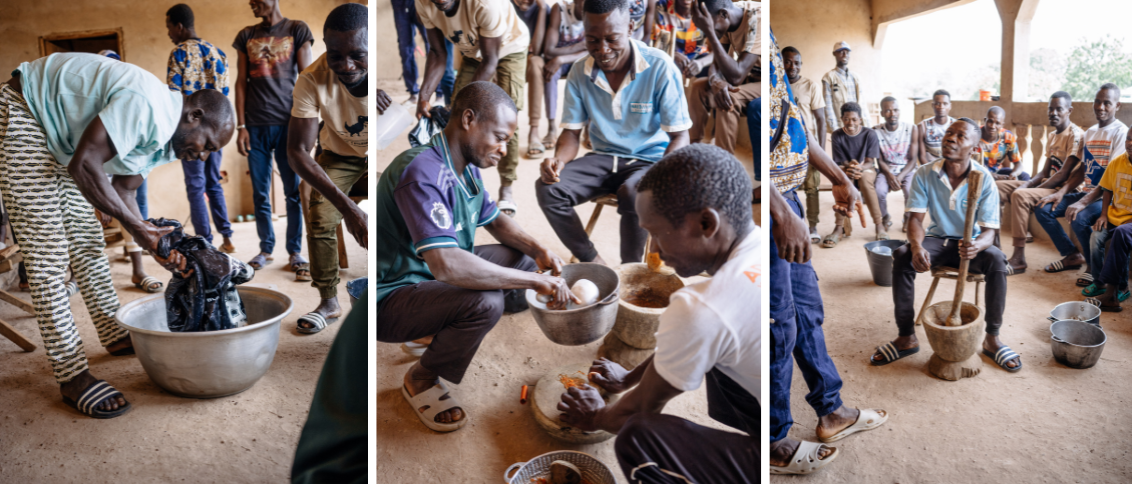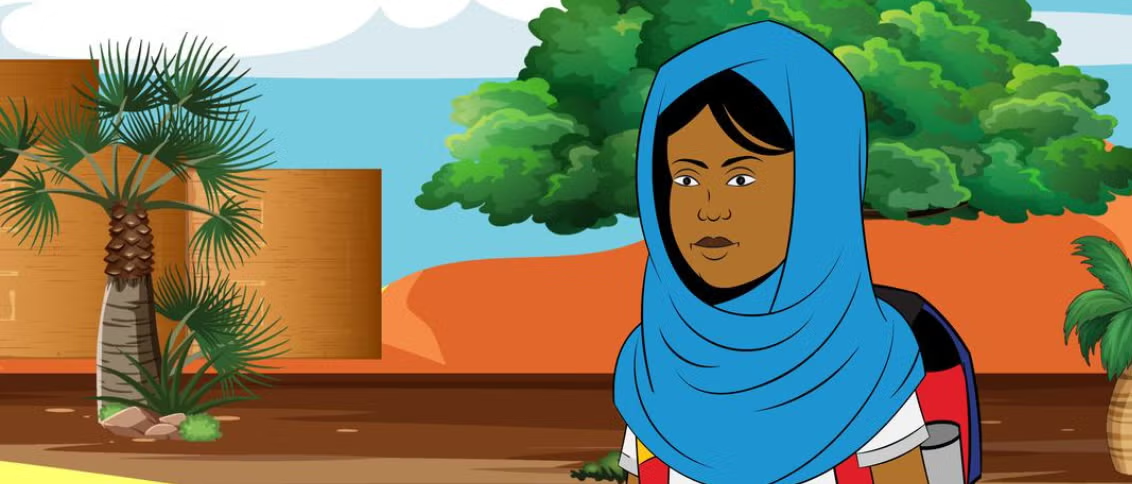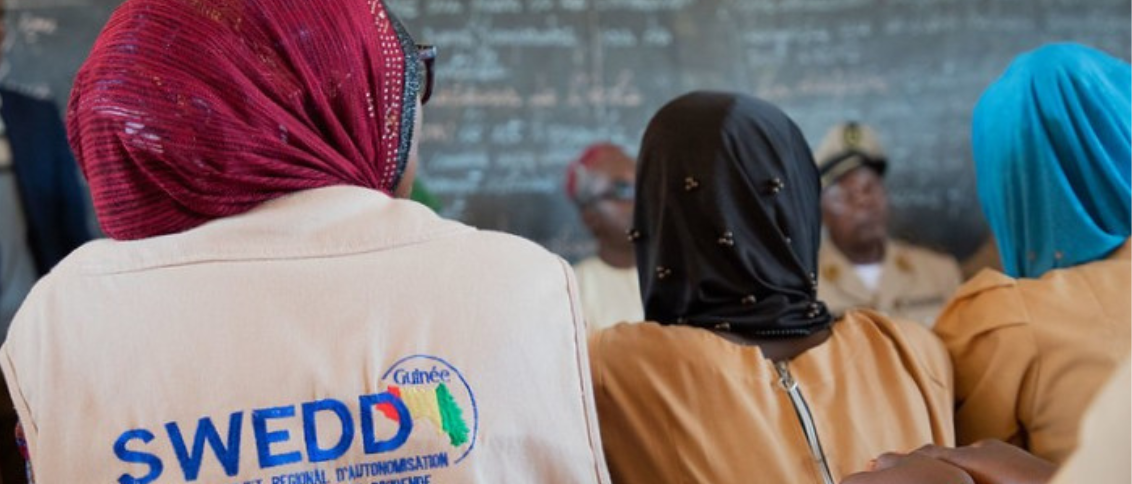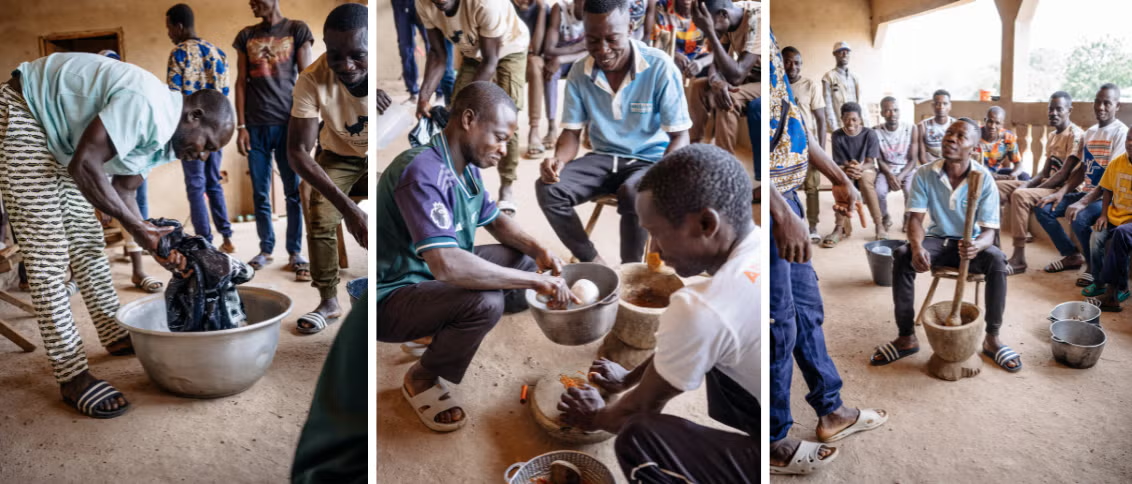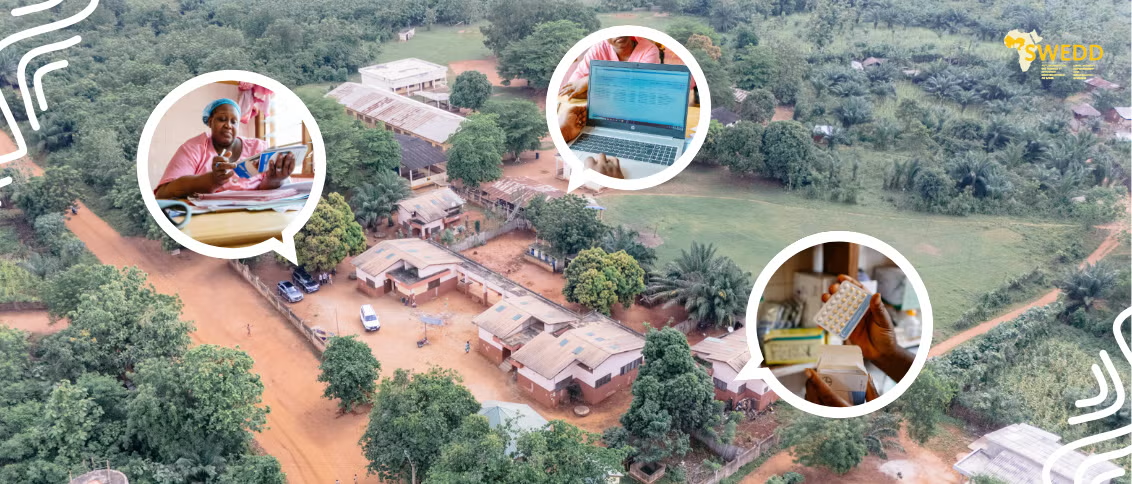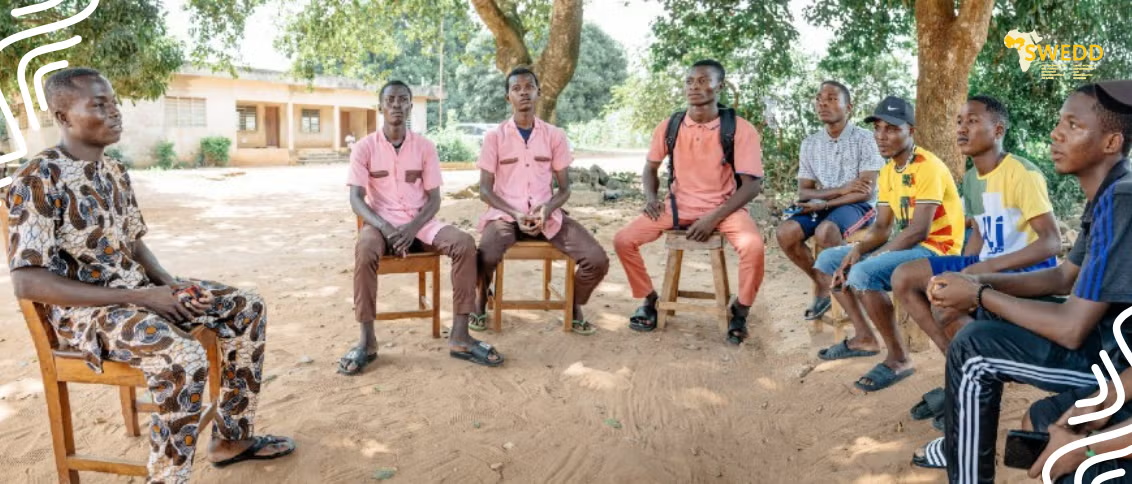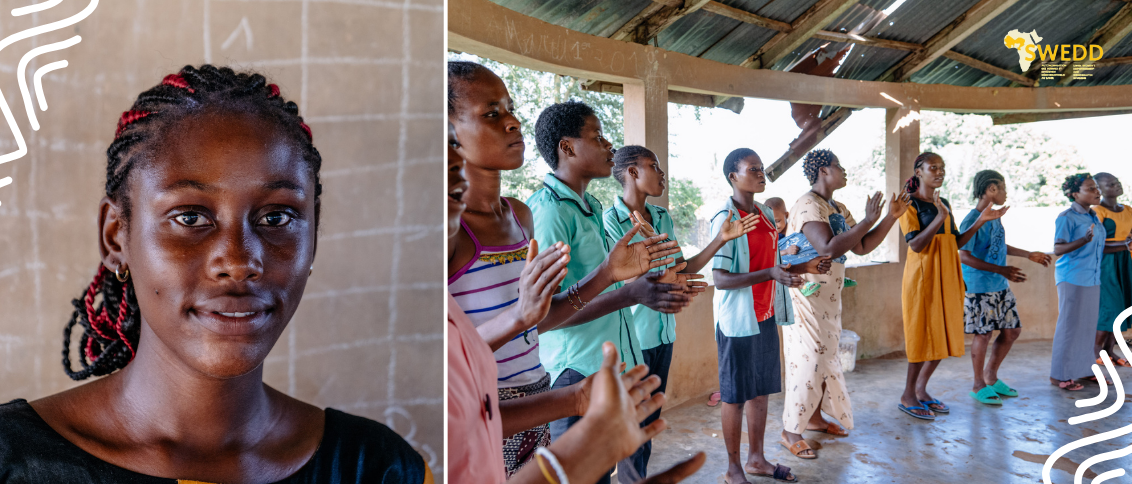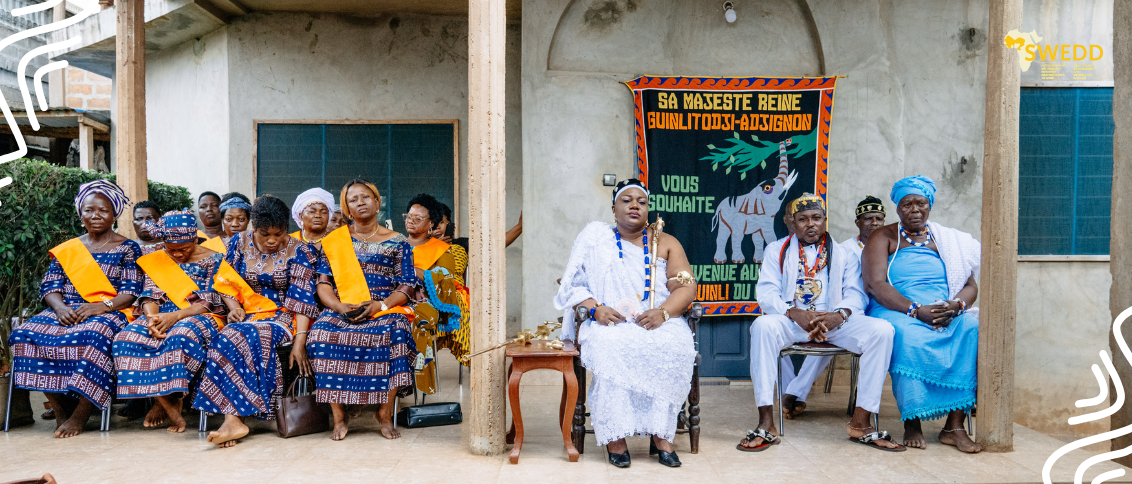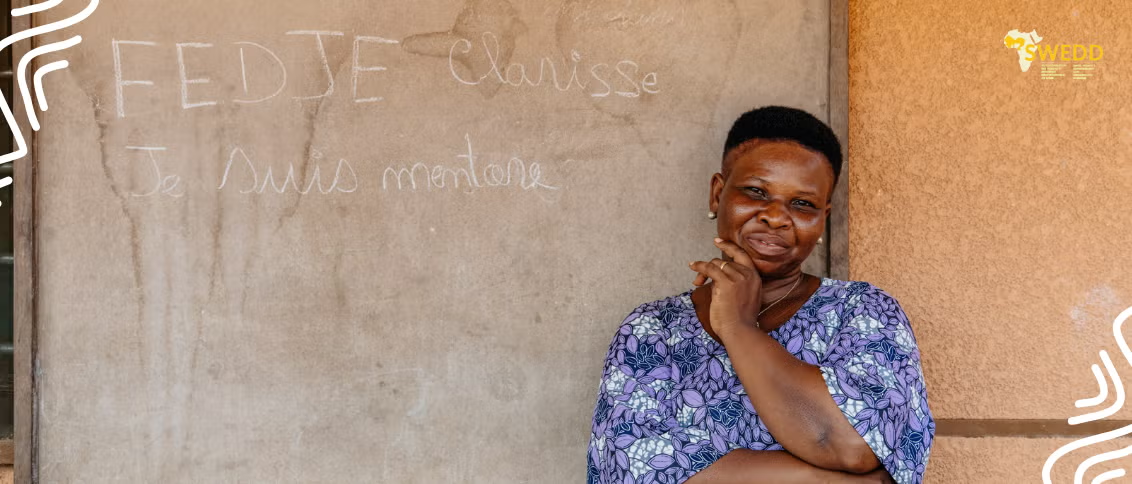

NEWS
When dialogue transforms households: Stronger couples, empowered women
28 March 2025

GBAGBAO, Côte d’Ivoire — “When I was pregnant, I used to carry everything by myself,” said Judith, a mother from the village of Gbagbao in northeastern Côte d’Ivoire. “We’d go to the fields, and my husband wouldn’t help. I was tired all the time. We argued a lot.”
Like many women in rural areas, Judith’s daily life was marked by heavy responsibilities and limited support. Across the village, early marriages, a lack of access to education and healthcare, and unequal domestic roles often put a strain on families — especially women and girls.
But in recent months, something has shifted.
Thanks to the SWEDD project, supported by the World Bank and implemented with technical assistance from UNFPA, Gbagbao is seeing meaningful changes in how men and women relate to one another — and how families grow stronger when responsibilities are shared.
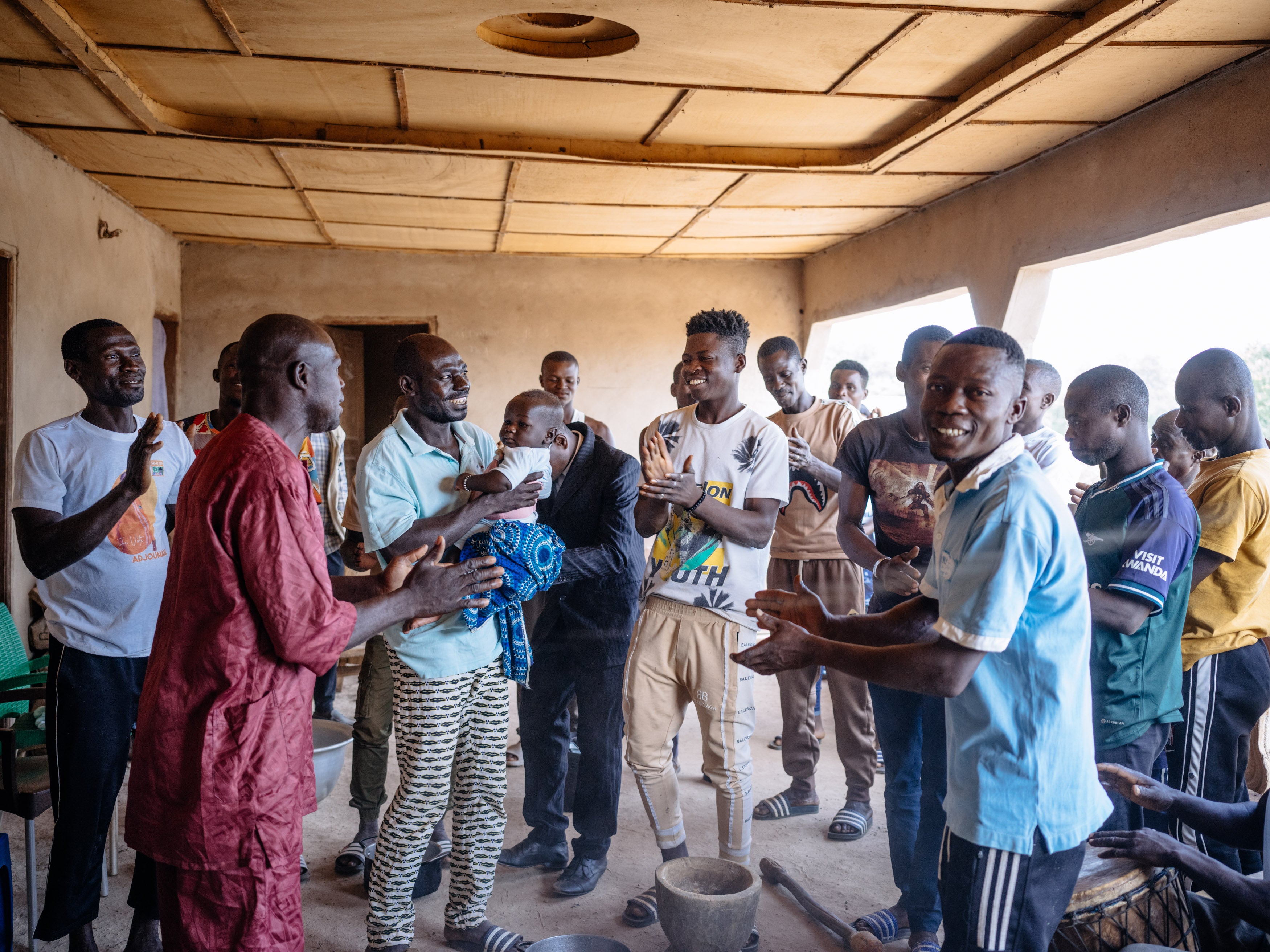
family life and gender roles.
Building new habits, together
Two key community-led activities introduced in the village — the Husbands’ Club and the Safe Spaces — have opened up spaces for learning, listening, and support. For the men, the Husband's Club is a place where they talk honestly about family life, gender roles, and the pressures they face. Guided by Tah Koffi Kra Fernand, a mentor trained by the project, the group explores how small changes in behavior can improve life at home — for everyone.
“I visit households and check in with couples,” Fernand explained. “If something isn’t working, we talk about it. My role is to help men understand the value of supporting their wives, and to question harmful habits.” Kouakou Gilbert, a father and club member, put it simply: “If my wife is cooking, I don’t sit around anymore. I help. I do what I can.”
Another member, Tah Kobenan Alexandre, shared how his mindset has changed. “Before, I would walk ahead while my wife carried everything. Now, I take the bags, I help with the baby. I carry the water jugs too.”
These changes, while modest, have made a noticeable difference. Arguments that used to be frequent have become rare. Households are more peaceful, and couples are communicating more openly.
A safe place to learn and grow
Meanwhile, women and girls have found encouragement and support through the Espace Sûr, led by Adja Adayé Béatrice. In this welcoming space, participants reflect on their rights, share their experiences, and learn leadership skills through role-play and group discussions. “Women come to talk about what they’re facing at home,” Béatrice said. “Together, we think through solutions. You can see the confidence growing.”
Judith, whose husband now attends the Husband's Clubs, says her own life has changed dramatically. “We used to sit in silence. Now, we laugh together. We eat together. And he helps me carry water from the pump.”
Encouraged by her experience, she now tells other women, “Things can change — if we talk, if we support each other.”
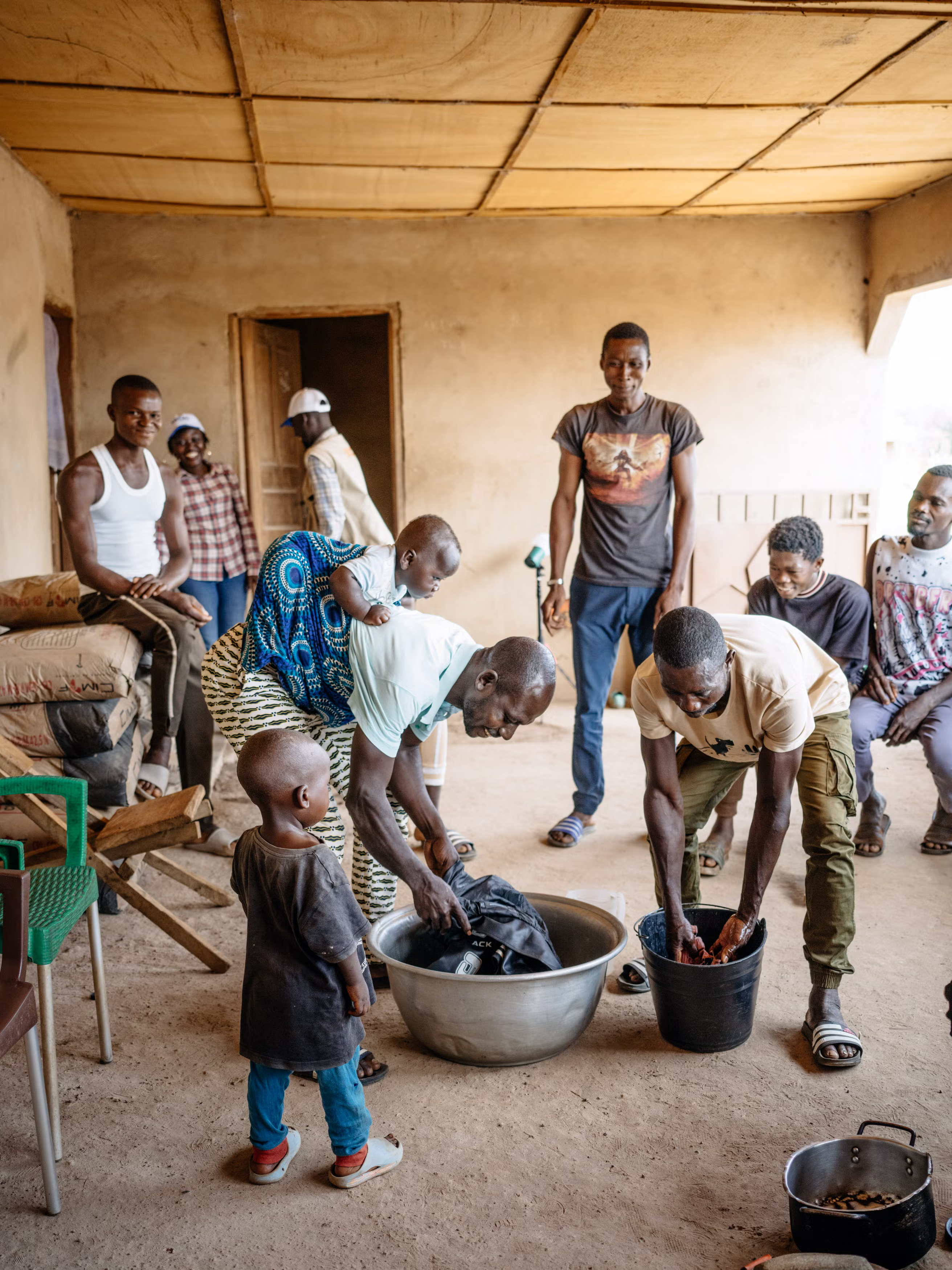
ones, which have made a noticeable difference. Households are more peaceful and couples
communicate more openly.
Community-driven change
The approach behind these results is simple but powerful: equip local leaders, create safe and supportive spaces, and encourage families to find their own solutions. The SWEDD project ensures that these spaces are sustained through ongoing mentorship, training, and support.
In 2023 alone, Côte d’Ivoire saw the creation of 215 Husband's Clubs and 1,024 Safe Spaces — each one shaped by its local community and adapted to its needs.
For Yah Adélaïde, who oversees these initiatives in Gbagbao, the progress has been inspiring. “You can see people applying what they’ve learned. They’re proud of the changes. It shows that with the right support, communities can grow in ways that last.”
While challenges remain, the people of Gbagbao are showing what’s possible when men and women learn and lead together. In the words of Yao Amara, another club member: “I’ve been doing my own laundry for a month now — my wife is pregnant, and this is how I can help.”
